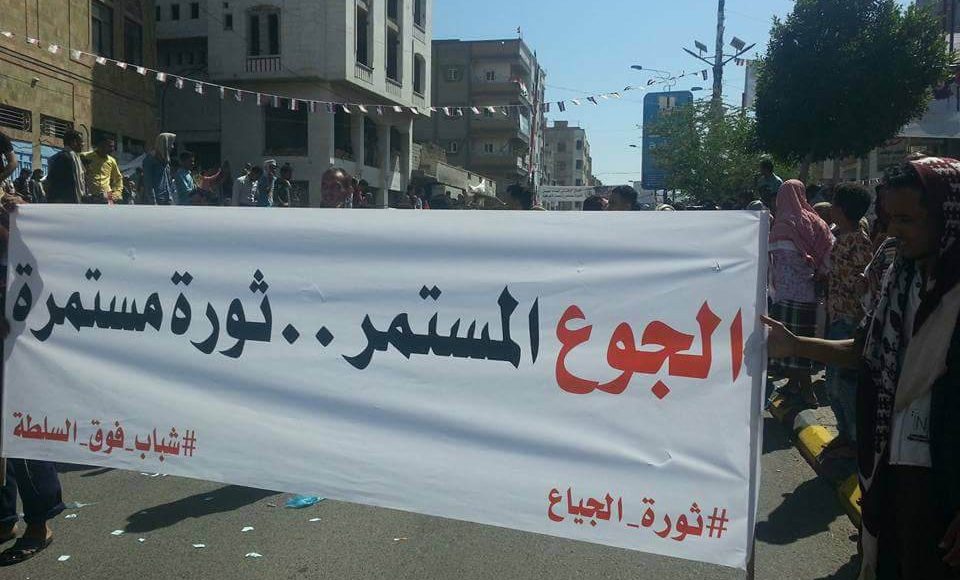ADEN, Nov. 05 (YPA) – Popular anger is escalating dramatically in the city of Aden and the southern governorates under the control of the Saudi-led coalition, following the cessation of salaries for employees and enlisted personnel in most coalition-affiliated factions for nearly six months.
Residents are facing a humanitarian catastrophe that threatens families with famine and abject poverty, amidst the silence of the pro-coalition government leaders and the “Presidential Leadership Council” who reside abroad.
Livelihood and Punitive Crisis
Aden and the southern governorates are witnessing the worst multifaceted humanitarian crisis since 2015, marked by the salary cuts and service deterioration, a scenario suggesting a “policy of collective punishment.”
In this regard, the military journalist Ali Mansour Muqrat warned of an imminent humanitarian disaster, confirming that many families are no longer able to secure their daily sustenance or buy essential medicines.
Absent Directives and Missing Revenues
In an attempt to appease the public, President of the Leadership Council, Rashad Al-Alimi, who is in Riyadh, directed Prime Minister Salem Bin Breik to return to Aden and prioritize the payment of salaries.
Majid Al-Da’eri, head of the ‘Muraqiboon News’ website, commented on the PM’s return, stressing the necessity of recovering “looted resources” and purifying institutions from corruption before regular salary payments can resume.
Reports revealed that the government continues to disburse what is called “subsistence allowance” (I’asha) amounting to $11 million monthly to individuals outside Yemen. This, the report asserts, confirms that cutting the salaries of domestic employees is a “systematic weapon to push through the coalition’s private projects to subjugate the people of the southern governorates.”
Decisions that Increase the Burden
Al-Alimi issued directives to raise the customs tariff from 750 Yemeni Riyals (YER) to 1,500 YER, purportedly to help resolve the salary crisis.
Financial specialists considered this an additional economic burden on the citizen, not an economic reform.
Despite an improvement in the exchange rate of the Yemeni Riyal against foreign currencies in Aden, the prices of food commodities are still being sold to citizens at exchange rates significantly higher than the actual rate offered by money exchange companies.
Conclusion
Nearly 188 days after the appointment and return of the Prime Minister (Bin Breik), the economic, living, and service conditions have not improved—they have worsened.
The Prime Minister remains in Riyadh, awaiting a Saudi grant that has not been disbursed, leaving the people of the southern governorates facing difficult choices in the face of a “systematic policy of starvation and humiliation.”
YPA


